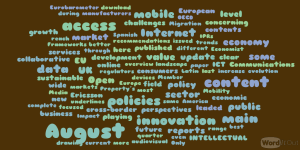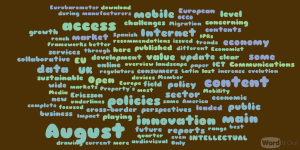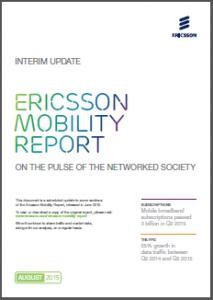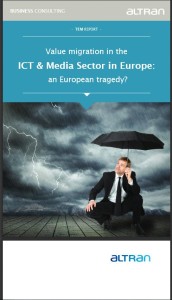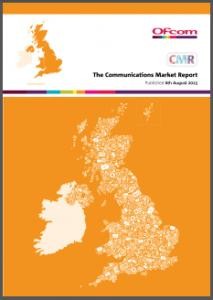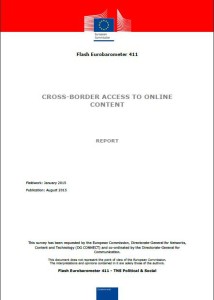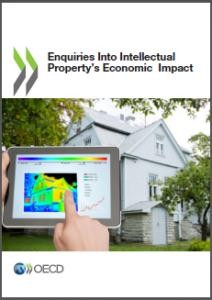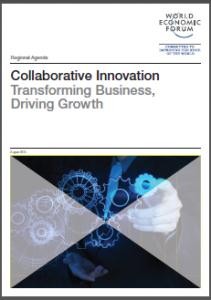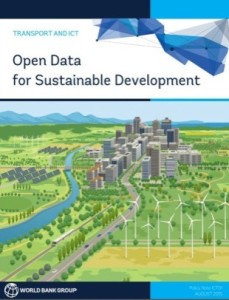Here we come again with the reports concerning the digital economy published during our summer break in August. The papers cover the raise of mobile as the main access for Internet, main trends in some regional markets and future perspectives, but also reports focused on content and IPRs policies, without forgetting innovation and the value of Open data to reach a sustainable development. Have a nice read!
DIGITAL ECONOMY
Ericsson Mobility Report, Ericsson, August 2015. (update)
This is the latest update to the Ericsson Mobility Report published some months ago. This update reveals that mobile broadband subscriptions surpassed the 3 billion mark in Q2, 2015, and in that quarter, 55 percent growth in data traffic was recorded year-on-year. This means that there has been an increase of almost 25% since last year! It is clear that the future will be mobile…
Value Migration in the ICT & Media Sector in Europe: an European Tragedy?, Altran, August 2015.
This report analyses the main trends in ICT & media sector in Europe and the migration of values produced in these areas in the last 10 years. Its main conclusions are that EU operators have lost value compared to the USA competitors, the latter increasing their own value up to 135% during the same period. It also underlines the lack of presence of EU manufacturers in the ICT sector, dominated by Asia & the USA. The same happens in the device manufacturers sector, leaded by Apple & Samsung but also on the OTT segment, clearly leaded by Google.
El Ecosistema Digital en América Latina, Raul Katz, August 2015. (Only in Spanish)
This report was presented in August in Mexico and it is a wide and complete work of analysis of the digital ecosystem in Latin America, covering from infrastructures to other platforms offering Internet services. Its purpose is to contribute to the dialogue on the definition of the best public policies applicable for the success of the future of the digital economy in Latin America. After analyzing the current evolution of the digital sector and identifying the main challenges, the report also delivers public policies recommendations. An explanatory video has also been delivered and you can access it here (in Spanish).
2015 Communications Market Report, OFCOM, August 2015.
This is the annual report issued by the UK regulator describing the evolution of the UK Communications market. What is clear is that UK is mobile and full of smartphones! They even define UK as a “smartphone society”. This kind of devices has overtaken laptops and it is the first way to access Internet. The report brings useful data on mobile usage but is also covers the rest of communications issues such as networks, TV and audiovisual topics, Internet & content usage and even radio uses in UK.
This report issued by the Economist Intelligence Unit tries to better explain the concept of level playing field in the landscape of a market subject to constant technology innovation. It presents the different perspectives of the level playing field from business, consumers and regulators’ side, drawing the main challenges for regulators to ensure a balanced and fair regulatory landscape and recommending ways of actions.
There is a clear infography explaining this short report. You can access it here.
CONTENT POLICY
Cross-border access to online content report, Eurobarometer, August 2015.
This is a Eurobarometer study concerning the current experience of EU consumers with online digital content in general but also the profile of use of cross-border digital contents & services on Internet. The survey was carried out in the 28 Member States of the European Union between 7 and 15 January 2015.
The main findings indicate that most of EU consumers use Internet on a daily basis, accessing mainly through their laptop, but mobile devices are catching up quickly. The most famous contents are music download, audiovisual content, followed by video games and sports.
Concerning the cross-border access of digital contents, more than half of respondents (56%) experienced problems when they tried to access content through an online service intended for users in another Member State. Around a quarter (27%) say that they only had limited access to the content and could not access or download what they wish.
INTELLECTUAL PROPERTY RIGHTS POLICY
Enquiries into Intellectual Property´s Economic Impact, OECD, August 2015.
This OECD report draws a complete overview on the intellectual property´s economic impact, considered as a relevant intangible asset. The rise of investments in knowledge-based capital (KBC) are raising new challenges for the markets, businesses and policymakers. It is essential to update a wide range of policy frameworks (taxes, competition policies, IPRs policies, etc…) to adapt these policies to the new market realities.
INNOVATION
Collaborative Innovation: Transforming Business, Driving Growth, WEF, August 2015.
The report is the outcome of more than two years of work trying to foster best ways of collaboration in an innovative environment. This project has been leaded by A.T. Kearney and the IMP³rove – European Innovation Management Academy.
This report highlights approaches and strategies that business leaders and policy makers can take to create sustainable, pioneering and innovation-focused collaborations that benefit all parties involved. The paper underlines the value of collaborative innovation, explains how to manage it and proposes some recommendations of public policies, drawing some perspectives but also presenting some real cases of collaborative innovation.
OPEN DATA
Open Data for Sustainable Development, Policy Notes, World Bank, August 2015.
This is a policy paper focused on how Open data can be used to reach development goals worldwide, depicting a wide range of applications in different sectors. It identifies 4 big benefits of Open data such as an increase of economic growth and job creation, an improvement of efficiency and effectiveness of public services, a better level of transparency, accountability and citizen participation and a facilitation of information sharing within public agencies.
See you next month for an overview of new Digital Economy reports published recently. Meanwhile, have a sweet and fruitful “rentrée” in September!
